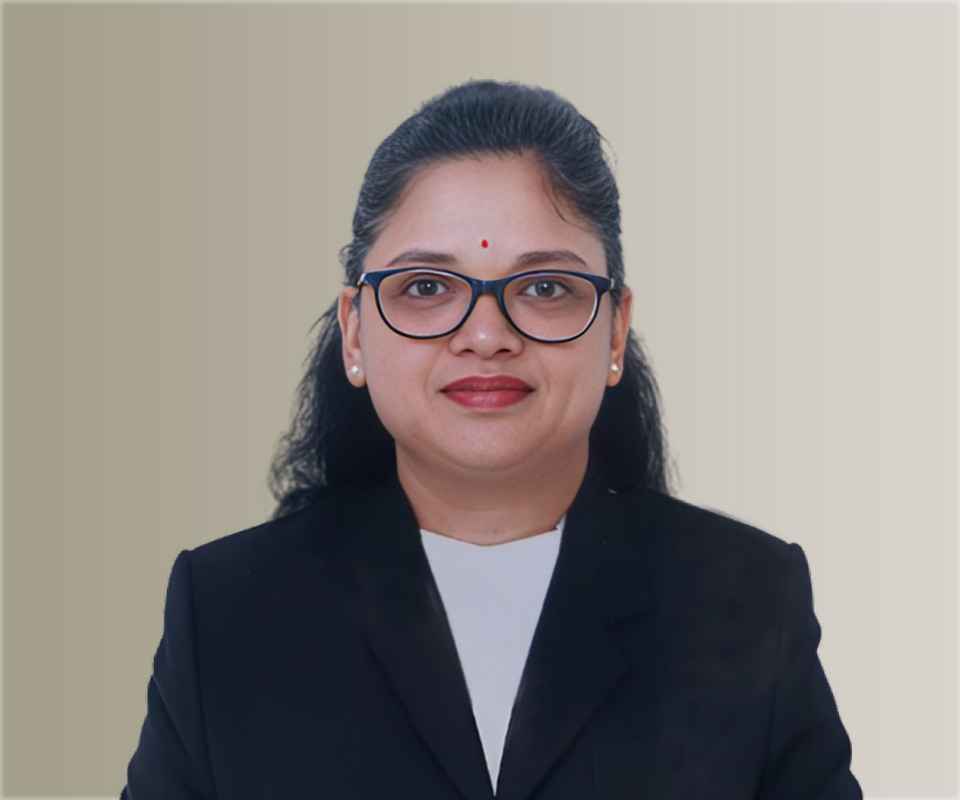Answer By law4u team
In India, the number of witnesses required for marriage registration depends on the type of marriage (under the Hindu Marriage Act or the Special Marriage Act). There are specific provisions under each Act that define the witness requirements, ensuring the legality and validity of the marriage.
1. Witnesses Under the Hindu Marriage Act, 1955:
The Hindu Marriage Act governs the marriage registration for individuals following Hindu, Buddhist, Jain, or Sikh traditions. According to the Act:
A. Minimum Number of Witnesses:
A minimum of two witnesses are required for marriage registration under the Hindu Marriage Act.
B. Witness Requirements:
These witnesses must be present at the time of marriage and are required to sign the marriage registration form. They should ideally be adult (above the age of 21) and can be either family members or friends of the couple.
C. Witness Role:
The role of the witness is to testify that the marriage took place in their presence and that the couple has voluntarily agreed to the union.
There is no maximum limit on the number of witnesses under the Hindu Marriage Act. However, only two witnesses are legally sufficient for completing the registration process. Additional witnesses can be included for verification purposes, but their presence is not mandatory for the marriage to be legally valid.
2. Witnesses Under the Special Marriage Act, 1954:
The Special Marriage Act applies to marriages between individuals who are not necessarily Hindus, or to those who wish to marry under a civil marriage procedure, regardless of their religion. The requirements for marriage registration under the Special Marriage Act are slightly different.
A. Minimum Number of Witnesses:
Under the Special Marriage Act, the marriage must be witnessed by at least three witnesses.
The witnesses can include friends or family members of the couple, but they must be present at the time of registration.
B. Witness Requirements:
The three witnesses are required to sign the marriage certificate as proof that the marriage took place. One of the witnesses must also sign the declaration of marriage and confirm the details of the marriage.
C. No Maximum Limit:
There is no maximum number of witnesses specified under the Special Marriage Act. However, a minimum of three witnesses is required. Additional witnesses may be included if both parties wish to have more.
3. General Requirements for Witnesses:
A. Age Requirement:
Witnesses must typically be adults, which means they should be at least 18 years old.
B. Presence:
Witnesses must be physically present during the marriage ceremony or at the time of marriage registration.
C. Identification Proof:
In some states, witnesses may be required to provide proof of identity (e.g., Aadhaar card, passport, or voter ID) at the time of signing the marriage registration form.
4. Key Differences Between Hindu Marriage Act and Special Marriage Act:
| Aspect | Hindu Marriage Act | Special Marriage Act |
|---|---|---|
| Minimum Number of Witnesses | 2 witnesses | 3 witnesses |
| Maximum Limit of Witnesses | No limit | No limit |
| Religion of Parties | Hindu, Sikh, Jain, Buddhist | Any religion (Interfaith marriages allowed) |
| Witness Role | Testify to marriage validity | Sign marriage declaration and certificate |
| Witness Age | Typically 18 years and above | Typically 18 years and above |
5. Example:
Case 1:
A Hindu couple marries according to Hindu traditions under the Hindu Marriage Act. They have two witnesses—one is a friend of the groom, and the other is a relative of the bride. Both witnesses are present at the ceremony and sign the marriage registration form. This satisfies the requirement for valid marriage registration.
Case 2:
A couple from different religious backgrounds chooses to marry under the Special Marriage Act. They have three witnesses present at the marriage registration: a family friend of the groom, a colleague of the bride, and a mutual acquaintance. They all sign the marriage certificate, and the registration is successfully completed.
6. Conclusion:
In India, the minimum number of witnesses required for marriage registration depends on the applicable marriage law:
- Hindu Marriage Act: At least two witnesses are required.
- Special Marriage Act: A minimum of three witnesses is needed.
There is no maximum limit for the number of witnesses, but the legal minimum must be met for the marriage registration to be valid. Witnesses play a crucial role in confirming the legitimacy of the marriage and ensuring that the registration process is carried out in accordance with Indian laws.







